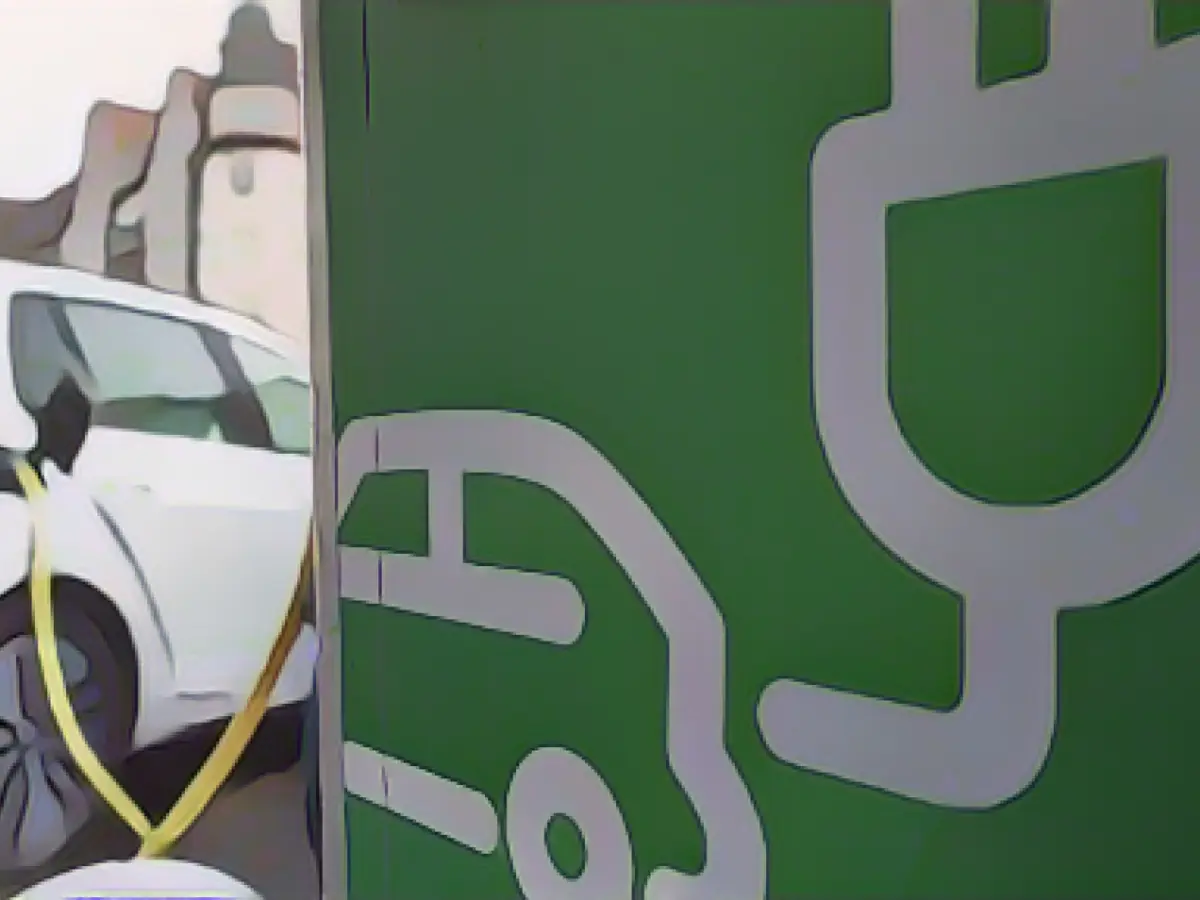Abrupt End to Electric Car Bonus Causes Outrage in Germany
The German government unexpectedly ended the state purchasing premium for electric cars over the weekend, causing outrage within the coalition and leaving many consumers in the lurch. The Federal Ministry of Economics announced that applications for the incentive could only be submitted until midnight on Sunday due to budget constraints, with the SPD criticizing the decision as "extremely unfortunate."
The ministry's move relates to the environmental bonus, which allowed buyers of electric cars to receive several thousand euros in subsidies from the state. In their agreement on the 2024 budget last week, coalition leaders decided to phase out the subsidy, but many were taken aback by the sudden end to applications.
The SPD parliamentary group in the Bundestag supports the early expiry of funding, acknowledging the need to plug budget gaps following the Federal Constitutional Court's ruling. However, they find the short-term end of the funding to be "extremely unfortunate." The ministry dismissed the calls for a more reliable transition, stating that there was no money for a transitional solution.
The sudden end to funding has created an unfortunate situation for those who had factored in the premium when buying a new car. The Ministry of Economic Affairs explained that "all funds available in the 2023 financial year have already been exhausted," making it necessary to end funding with immediate effect.
Critics argue that the government's lack of a clear and consistent strategy on electromobility is to blame for the confusion and disappointment. There is a lack of clear rules governing access to charging stations and billing, insufficient charging infrastructure, and high energy costs, making the transition to electric vehicles challenging for both consumers and automakers.
The sudden end to the subsidies has led to a significant drop in the share of electric vehicles in Germany, with many consumers lacking confidence in buying electric cars due to the absence of a reliable policy framework. The decision has also faced criticism from political parties and experts, including Olaf Scholz, the German Chancellor, who has called for an EU-wide purchase subsidy scheme to support the transition to electric vehicles.
Enrichment Insights
The abrupt end to the state purchasing premium for electric cars in Germany has been criticized for several reasons, primarily due to the lack of a clear and consistent government strategy on electromobility. Here are the key points:
- Lack of Clear Strategy:
- Government Incentives:
- Initially, the government incentivized electric vehicle purchases with subsidies, but later abolished them without a clear plan for their replacement.
- Uncertainty and Confusion:
- The sudden abolition of state subsidies in December 2023 added to the uncertainty, creating confusion among consumers and automakers.
- High Energy Costs and Bureaucracy:
- The German automotive industry is also struggling with high energy costs and excessive bureaucracy, which further complicates the transition to electric vehicles.
- Insufficient Charging Infrastructure:
- The lack of a consistent strategy for new technologies, including insufficient charging infrastructure, hampers the adoption of electric vehicles.
- Political Backlash:
- The decision to end the subsidies has been criticized by various political parties and experts.
The sudden end to the state purchasing premium for electric cars has been met with widespread criticism in Germany, with many buyers left in the lurch and struggling to afford the vehicles they had factored in premiums for. The lack of a clear and consistent strategy on electromobility has been identified as the main reason for the confusion and disappointment, with insufficient charging infrastructure, high energy costs, and excessive bureaucracy further complicating the transition to electric vehicles.






